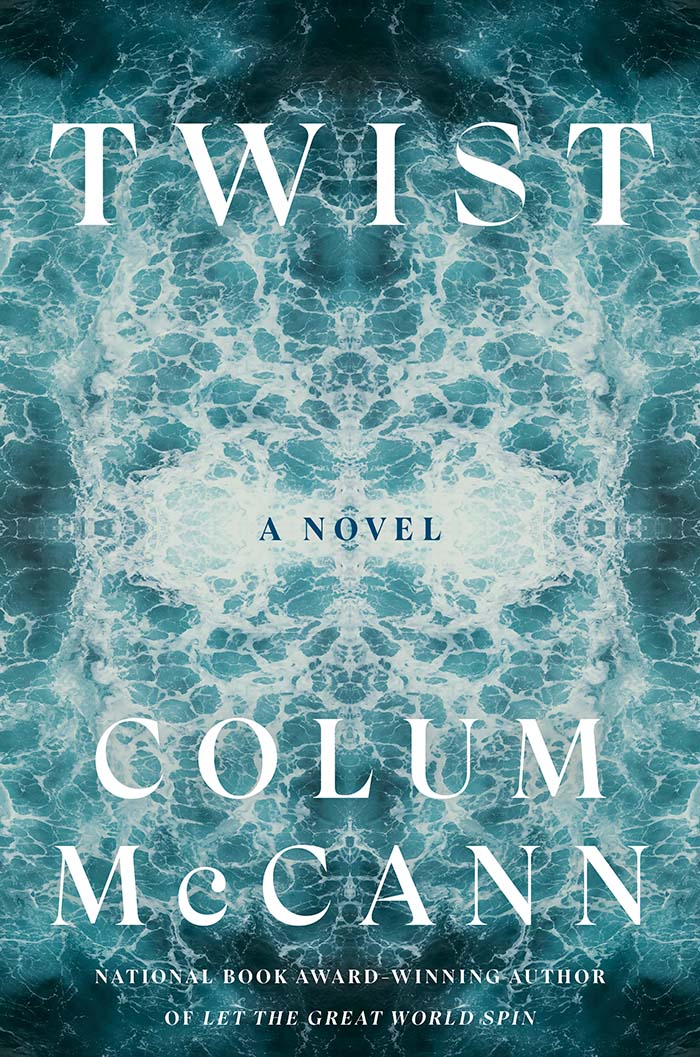
Read, read, read
You would be amazed by the amount of writers who just do not read. Especially older writers who believe that they are the only ones who deserve to be read. Their reading world shrinks. They believe that they have written enough that they can afford now to come indoors. They close the curtains. They deposit themselves in the corners of the couch. Shadowed by their bookshelves. They don’t reach for the spines anymore. They hardly touch the leaves. They dip in for a few pages and find themselves exhausted. They sell their curiosity to the sound of their own words. They forget about finding the expansive in others. But forgive them, forgive me. We have forgotten what it meant to be a young writer. So here it is, young writer, before I truly forget. A young writer must read. She must read and read and read. Adventurously. Promiscuously. Unfailingly. It sounds so simple. Yet it is not. Not even the simplification of it. She must read everything that comes her way. The classics, the old books that speak to her from the shelves, the tomes recommended by teachers, the chapbooks left on the subway seats, the old dog-eared novels in the railway station, the ancient hardcover in the holiday cottage, whatever comes her way. Read, read, read. The brain is an agile canister. Your mind can contain so much. The more difficult the book, the better. The greater the agility of your reading, the greater the elasticity of your own work. Challenge yourself. The great joy in difficulty is, in fact, its difficulty. Enough of all the easy ways out. A young writer must also read her contemporaries. Fiercely and jealously. She must go into the bookshop and spend hours in rage and awe and contemplation. She must flip to the biographies at the back. She must get her blood boiling. Shit. That writer is younger than me. That writer comes from my hometown. That writer came from my school. How dare they appear before me. Yes, rage. Not in competition, but in desire for yourself to do the same as them. (After all, they are not taking your job: your job is entirely your own, nobody else can have it, who else is going to finish your piece of literary carpentry, unless it’s an Ikea chair?). A young writer fuels the desire to create her own work. She must go to the library and wander through the dusty old stacks. Listen to them sing. It is amazing how a book will find you. There is somehow a homing device in language. Run your fingers along the shelf. Follow your instincts. A book somehow finds its proper reader. Unlike love, there is a destined one always there. And it can be found at any time. You must be open to it. Then you open it up to its magnitude of suggestion. The world is suddenly cleaved open. You read to fire your heart aflame. You read to lop the top of your head off. You read because you’re the bravest idiot around and you’re willing to go on an adventure into the joy of confusion. You know when a book is working. Give it time. But there also comes a time when you throw it away. Life is too short to drink bad wine, but it’s shorter again when it comes to bad books. So be prepared to throw that book away, but only after you have given it a good chance. And if it confuses you while thrilling you, keep going, keep going, keep going. That’s a good sign. A good book will change your world. It will also turn your own writing inside-out. The prose writers should read the poets. The poets should read the novelists. The playwrights should read the philosophers. The journalists should read the short story writers. The philosophers should read through the entire crew. In fact, we all should read the entire crew. Nobody makes it alone. I have heard young writers say that they don’t have time to read. (That’s most likely because they have already taken too much time shooting their mouths off). Listen, young writer, it’s ridiculous to say we don’t have the time to open a book. It’s ridiculous to say that a book is too long. It’s ridiculous not to try the hardest work available. This is the past shaping your future. It’s in what you read. We get our voice from these books. We discover masters this way and then we shape our own form of mastery by imitating, echoing, journeying through the canyon towards the canon, or the cannon — both work. But if you don’t read – especially in the direction of that which is supposedly difficult – you will never sustain your own writing. So, go. Get off this damn blog. Find a corner. Open a book. Read the hardest thing you possibly can. Flannery O’Connor says that we tell ourselves stories in order to live. So, live as many lives as you can. Live flagrantly in others. And read beyond those lives, yet again.
